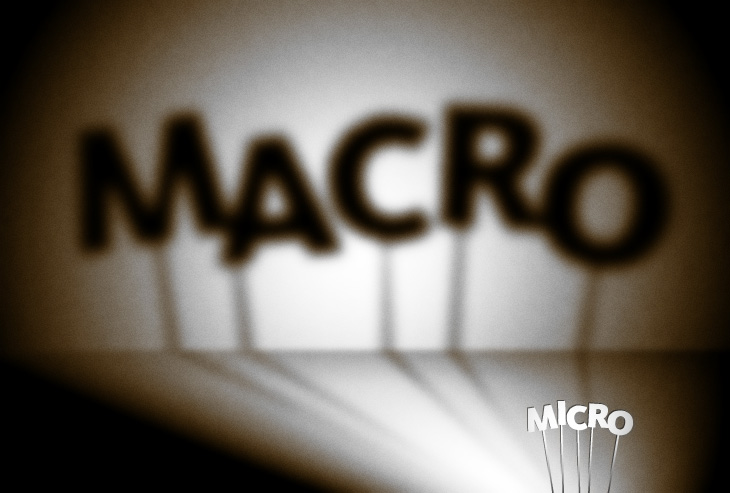Follow the Big Trends or the Small Ones?
I have talked to a lot of people about the big trend of mobile, the growth in this area,  how it is changing the way we do business, and how if we don’t want to be left behind, we need to adapt. Some of this has a longer time horizon and some of it needs to be thought about in the short-term. The point is that this is a Macro trend that is happening and one that may be less of a concern than building your small tribe of followers that make a difference to the revenue and profits of your company.
how it is changing the way we do business, and how if we don’t want to be left behind, we need to adapt. Some of this has a longer time horizon and some of it needs to be thought about in the short-term. The point is that this is a Macro trend that is happening and one that may be less of a concern than building your small tribe of followers that make a difference to the revenue and profits of your company.
Seth Godin’s blog on Macro Trends Don’t’ Matter so Much, makes a point that I agree with for the more focused, short-term aspects that drive your business. He says that the Macro trends, like internet subscribers some year in the future, or the number of Spanish speakers as a percent of world population, are not the key drivers to your growth and the group you are after. We could add things like, Who will have more in Apple’s IOS or Android’s platforms by 2020? What percent of the world total output will China make up in the next 20 years?
These trends are nice to watch, and some of you may want to think about it more than others. However, the key is that most companies and organizations need dozens, hundreds, or thousands to make a difference in their world. They don’t need access to all Spanish speakers, to all internet subscribers, or all those on Apple’s platform. What they need is the ability to spread the word among a tribe of followers that are like-minded and passionate about your unique “purple cow” offering.
This is where you what to really drill down into who your client is and what it is he wants. Robert Bloom, in his amazing book “The Inside Advantage,” gives us a step-by-step process for drilling down to the true look and feel of who your client is and what is unique about what you are offering him. Knowing your customers in this way will allow the laser-like focus to zero in on your tribe.
Finishing up in Seth’s blog, he says that the big trends are a numbers game, and that by realizing that, you are “treating the market as an amorphous mass of interchangeable parts.” You realize the micro is more important than the macro and that it is about the people – that we are individual human beings and we have names, desires, wants and interest.
What is your micro group that you are focused on?